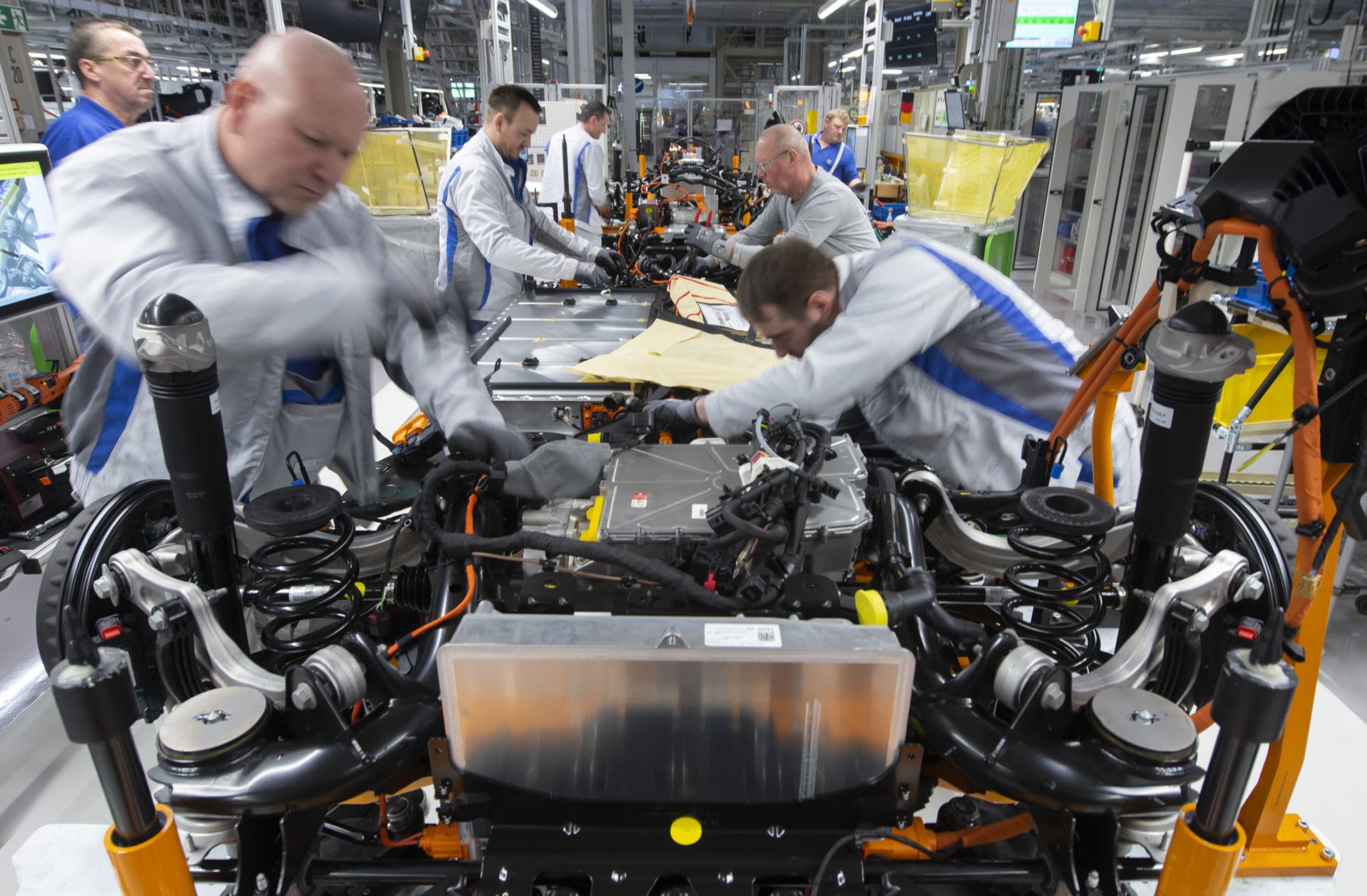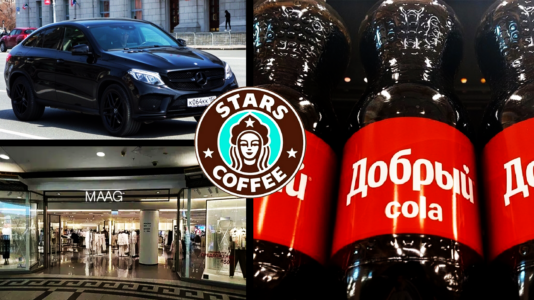More bad news for Germany, as according to the Volkswagen works council, the VW board has concrete plans to close several plants and cut tens of thousands of jobs, reports Die Welt. Now, unions are threatening a “hot winter” in response to the massive layoffs.
In the wake of the revelations, the IG Metall metalworkers’ union is reportedly outraged, and Chancellor Scholz is also getting involved.
“The board wants to close at least three VW plants in Germany,” said Group Works Council Chair Daniela Cavallo at an information event for the workforce in Wolfsburg, adding that all remaining locations will face cuts and that employees have been informed.
According to the works council, the plant in Osnabrück is particularly at risk, having recently lost a hoped-for follow-up order from Porsche, after that company reported a sharp decline in sales and its CFO declared that he saw no return to the “good old world of combustion engines.”
“Entire departments are to be closed or relocated abroad. “All German VW plants are affected by these plans. None is safe!” said Cavallo.
VW employs around 120,000 people in Germany, around half of whom work in Wolfsburg. In total, the VW brand operates 10 plants in Germany, six of which are in Lower Saxony, three in Saxony and one in Hesse.
In September, VW terminated its job security policy that had been in place for more than 30 years, meaning that from mid-2025, redundancies would be possible.
On Wednesday, the company and IG Metall will meet for their second round of negotiations on VW’s in-house wage agreement. In the first round in September, VW had already rejected IG Metall’s demands for a 7 percent increase and instead pushed for savings. VW has not yet provided any further details on this.
According to Cavallo, VW is now demanding a 10 percent wage cut, with no further cuts over the next two years, as reported by Handelsblatt. At the beginning of September, VW announced that it would no longer rule out plant closures and redundancies.
The federal government has also intervened, calling on the VW Group to save jobs. Chancellor Olaf Scholz (SPD) has made clear that the burden of bad management decisions should not fall on employees and that jobs must be preserved.
IG Metall reacted with sharp criticism and described the savings plans as “in no way acceptable.” Its chief negotiator Thorsten Gröger said, “This is a deep stab in the heart of the hard-working VW workforce.” IG Metall expects that “viable future concepts” will be outlined at the negotiating table.
If VW confirms its plans in the talks on Wednesday, the board must expect “consequences,” Gröger said, adding that “if the management wants to ring in Germany’s swan song, they must expect resistance that they cannot even imagine.”
In Zwickau, thousands of employees marched to the factory gates on Monday with whistles, rattles and red alarm clocks to vent their discontent. Uwe Kunstmann, of the VW works council, demanded a future plan from the company’s management: “We will not go along with this downward spiral.” He threatened that the employees would shut down Volkswagen’s factories nationwide from December onwards. Then, there would be a “hot winter.”
The chairman of the Left Party group in the Bundestag, Sören Pellmann, called for “a systematic industrial policy,” stating that “while VW’s management is paying out bonuses, factory closures and mass layoffs are looming.”
Left Party trade union politician Susanne Ferschl accused the company’s management of having caused the crisis itself through its “short-sighted approach.” Instead of developing concepts together with the works council and the trade union, the workforce now has to “pay the price,” she said.
Just a few weeks ago, experts were warning of certain recession in Germany, with month-over-month industrial orders falling 5.8 percent for August.
Opposition party Alternative for Germany (AfD) pointed to the factory closures as evidence of the left-liberal government’s failed economic policies, which have slammed companies across the nation.
“Politicians and short-sighted business officials have made a hasty and one-sided decision in favor of electromobility. This decision does not correspond to the wishes of consumers and the well-being of workers. The economic war against the East is leading to high energy prices and is damaging Germany as a business location. In order to save the plants, politics and business must change strategy. The recipe is: openness to technology, realistic limits and cheap energy,’ said Tino Chrupalla, co-chairman of the AfD in response to the news of VW’s plant closures.






